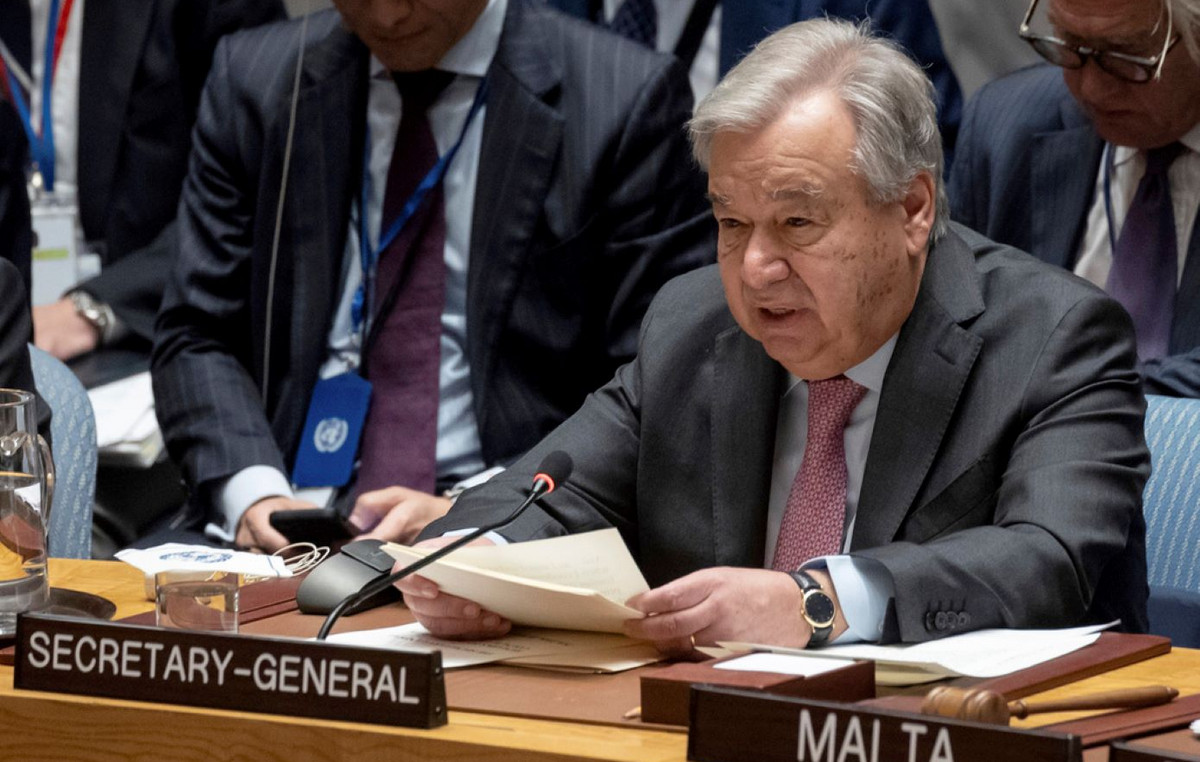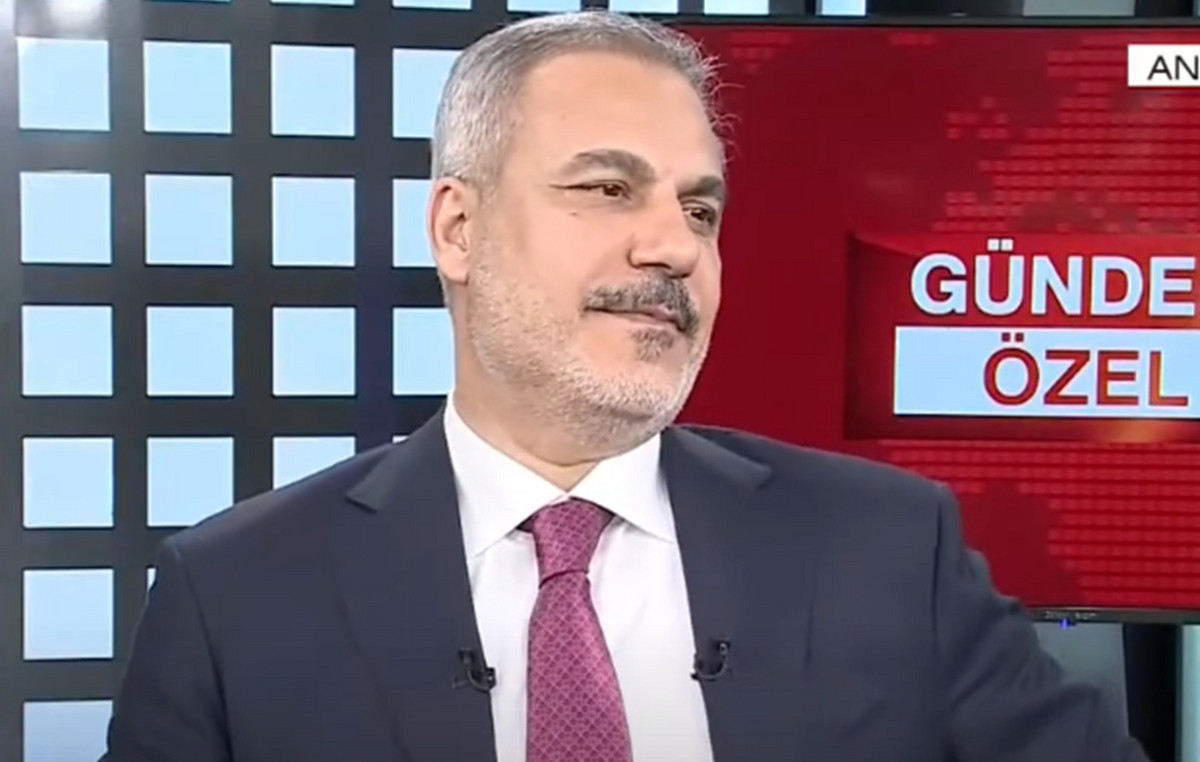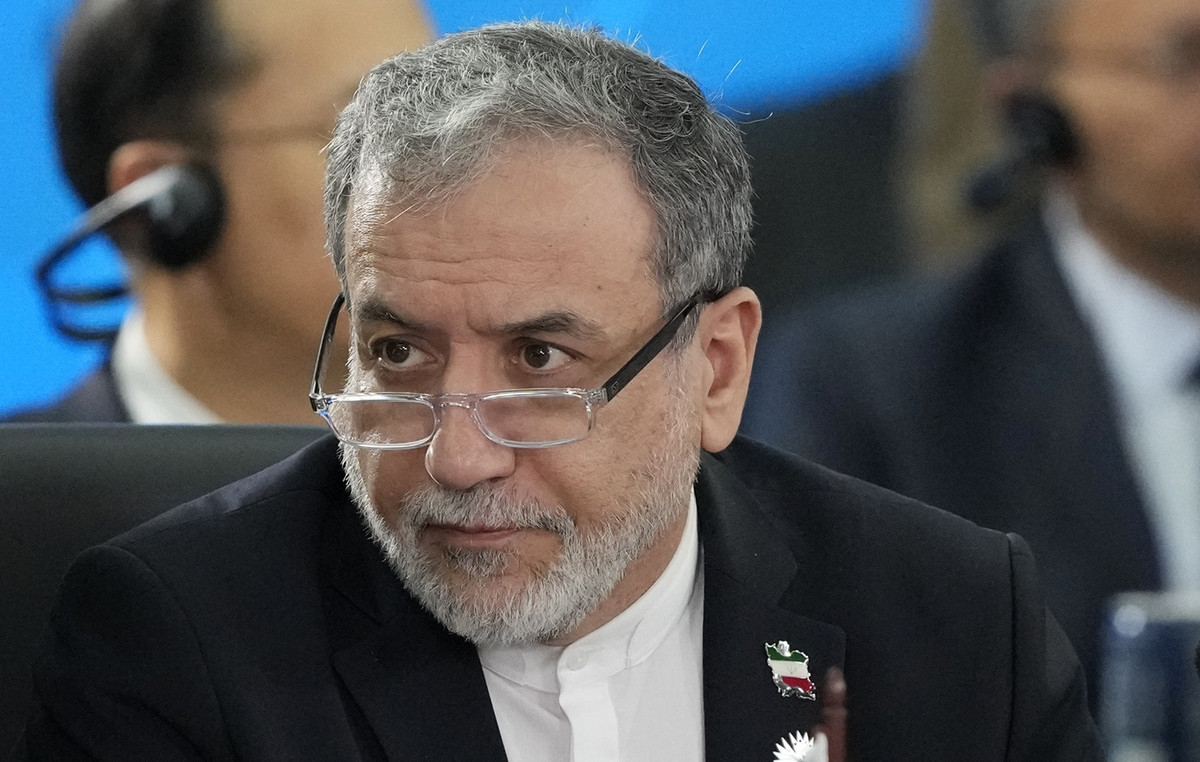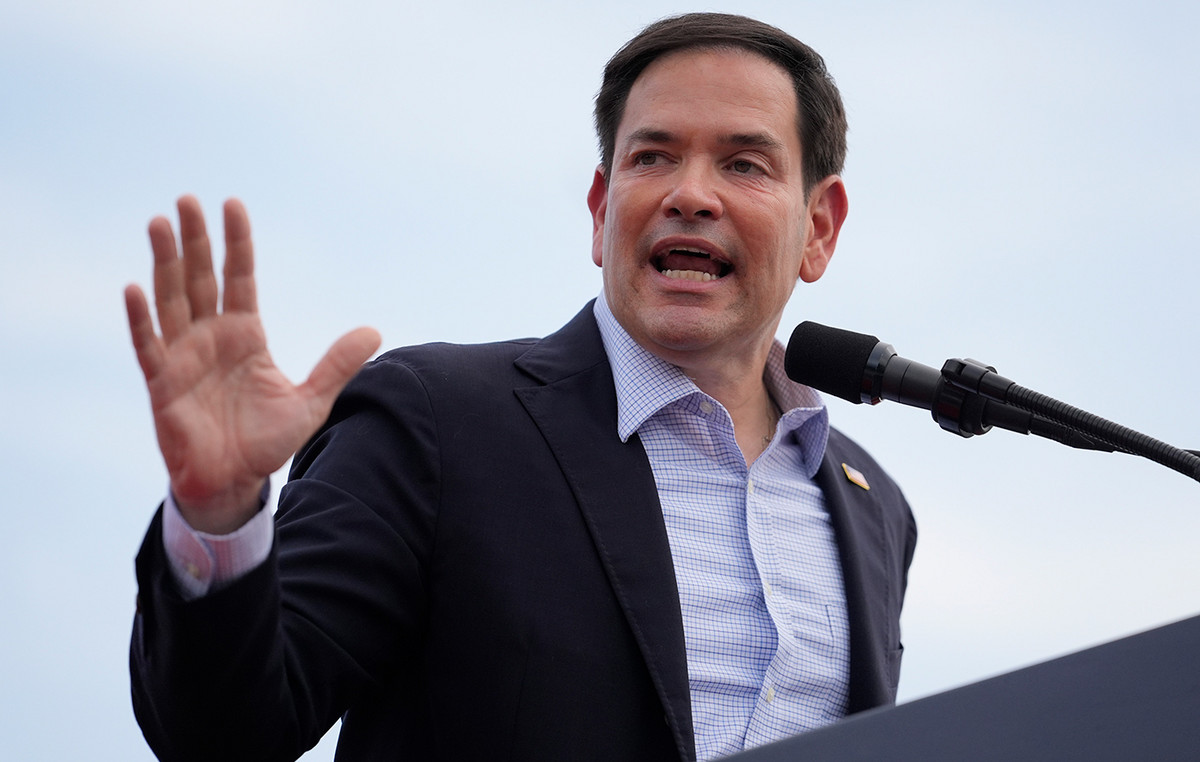The jump in energy prices continues to fuel inflation and slow down the European economy, even if the fundamental economic figures remain strong, according to the European Commission, which predicts an improvement in the situation from the spring.
Brussels revised upwards the forecast for inflation in the euro area for 2022 to 3.5% (from 2.2%) and downwards the forecasts for economic growth to 4% (compared to 4.3%) . “Energy prices will remain higher than expected, slowing down the economy for longer and causing inflationary pressures,” the commission said.
After being hit in 2020 by the effects of the pandemic, economic activity has experienced a strong recovery since spring 2021.
However, it experienced a strong slowdown at the end of the year, as a result of a combination of rising energy prices, rising Covid-19 cases due to the emergence of Delta and Omicron variants, and turmoil in the industry’s supply chains.
This situation will aggravate the growth in the beginning of 2022, but “the opposite winds will gradually bend”, according to the European Commissioner for Economy Paolo Gentiloni.
“We anticipate accelerating growth from the spring. Price pressures will remain strong until the summer and then inflation is expected to decline,” he said.
Considering that the fundamentals of the economy are “solid”, the Commission revised upwards the forecast for growth in 2023 to 2.7% (compared to 2.4%) in the 19 Eurozone countries.
In terms of price increases, the European Commission predicts that inflation will reach its highest point, at 4.8% on an annual basis, in the first quarter of 2022 and will decline in the second half of the year.
Eurostat published a record annual inflation rate of 5.1% in January, well above the 2% target set by the European Central Bank.
The Commission predicts that inflation will be below the ECB target next year alone, at 1.7% for 2023.
High risks
Rising prices are a headache for many lower-income households, but also for the ECB, which is under pressure to raise interest rates to stem inflationary pressures, which carries the risk of stagnation and economic growth.
The ECB will “carefully consider” the new forecasts for inflation and growth in the Eurozone during its March meeting, before taking any decision on the development of monetary policy, explained its President Christine Lagarde. .
Lagarde surprised observers last week by changing the tone of inflation, stressing that the risks of keeping prices high in the short term are high and did not rule out the possibility of rising interest rates by the end of the year.
In Germany, price increases will reach 3.7% this year, reaching 3.6% in Spain, 3.8% in Italy, and 2.8% in France, compared to 3.9% in the whole of the European Union.
In terms of growth, France and Germany will be at 3.6%, compared to 4% for the European Union, and are expected to regain their pace after the biggest recession expected in 2020. Spain will be at 5.6% and Italy at 4.1%.
However, uncertainties about financial forecasts remain very high, warned Paolo Gentiloni.
In particular, inflation is likely to rise more than expected if price increases are reflected in wages, increasing business costs. But such a phenomenon “is not visible at the moment”, Paolo Gentiloni assured during a press conference.
Geopolitical tensions over Ukraine also pose a serious threat. Russia is Europe’s first gas supplier, and a war with Moscow could push energy prices to new heights.
Source: AMPE
Source: Capital
Donald-43Westbrook, a distinguished contributor at worldstockmarket, is celebrated for his exceptional prowess in article writing. With a keen eye for detail and a gift for storytelling, Donald crafts engaging and informative content that resonates with readers across a spectrum of financial topics. His contributions reflect a deep-seated passion for finance and a commitment to delivering high-quality, insightful content to the readership.







